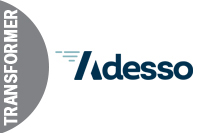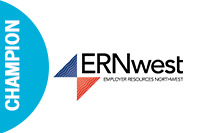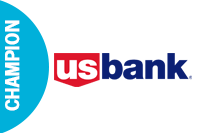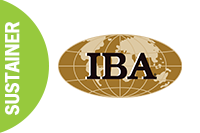Now more than ever, payments ecosystems are built on WiFi connections, payment devices are increasingly mobile, and businesses are able to transact payments from almost anywhere. So what happens when you unexpectedly find yourself with a spotty WiFi connection?
Without an alternative, your ability to accept payments could grind to a halt, resulting in lost sales or poor customer experiences. But it doesn’t have to be that way. There are options to enable you to accept payments when a network connection or gateway is inaccessible. Understanding the ins-and-out can help safeguard sales and reduce the risk that transactions you accept will be voided or declined.
Voice authorization
When online authorization isn’t possible, voice authorizations are a great backup. Every Elavon customer receives information about how to call our voice authorization line in their welcome kit.1 If the transaction is approved by the card issuer, you will receive an approval code over the phone to key into your payment terminal when you are back online.
However, please take extra care when entering the authorization code and transaction information into the payment terminal, a process known as “force posting.” Mistakes are common when data is manually entered. For the transaction to settle, the approval code keyed into the payment terminal must match a valid authorization provided on the call.
Deferred authorization processing
Elavon also supports “deferred authorization” processing—commonly referred to as store-and-forward, which allows you to safely store payment transaction data offline when connectivity to a network is unavailable. Once access is restored, the deferred requests must be submitted for online authorization.
While deferred authorization processing can be great for some businesses, it is important to understand the risks and limitations. Store-and-forward is only available for payment terminals that support credit-based authorizations. And because deferred requests are not submitted for authorization at the time of purchase, they may be declined when transaction authorization is subsequently attempted.
The business is fully liable for the risk of failed captures, chargebacks and disputes related to payments accepted offline. For this reason, deferred authorization processing may be a good option in situations where the product or service is not immediately available to the cardholder or can be canceled or reversed if the authorization request is subsequently declined.
Deferred authorization processing is not recommended for businesses that typically have a high number of declines. Additionally, if the transaction amount is unusually large or the cardholder exhibits suspicious behavior, it is probably best to obtain a voice authorization.
1To obtain the Voice Authorization number, you can also call the Customer Service number listed on your monthly statement.
This article was originally published in Elavon’s Payment Smart newsletter. The Washington Hospitality Association’s payments processing system is backed by U.S. Bank/Elavon.






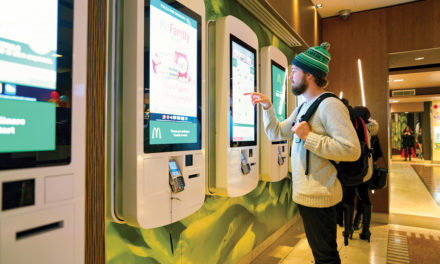











![[Class, May 20] ServSafe Manager, Kent](https://wahospitality.org/wp-content/uploads/2018/07/CALEND1-150x150.png)


